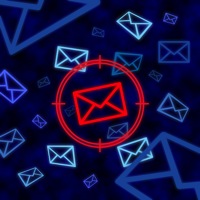Protect your security from ISPs stripping email encryption
 Engineers at Golden Frog recently discovered that Cricket wireless was automatically disabling their email encryption.
Engineers at Golden Frog recently discovered that Cricket wireless was automatically disabling their email encryption.
It is not at all clear why they were doing this, but we do know how. When an email client attempts to make a secure connection to a server, it sends a STARTTLS command. If the server never sees the STARTTLS, then it assumes you just wanted an insecure connection.
The ISP can easily modify the data stream to remove the request, causing your computer to connect without any encryption. According to the standard, the user is supposed to get a warning about this, but in practice almost all software just fails silently.
The best way to protect yourself against this attack is to encrypt your email end to end. You can use SMIME, which is built into most email clients, or GPG. GPG can be stronger, but it is harder to use, and easy to misuse. Either will significantly improve your security.
The next step is to use a VPN like Anonymizer.com to protect you against your ISP. It will also protect you against anyone else in the path between your computer and your VPN service. Unfortunately between them and the destination server, you are still vulnerable to any hostile ISPs.
https://www.youtube.com/watch?v=aHtVjZJxO_Q
[powerpress]
Some other articles on this attack: Arstechnica, & The Washington Post
Also read:
- Who do you / can you trust for privacy?
- How to protect yourself against new DarkHotel type WiFi attacks
- More proof that the web security model is totaly broken
Lance Cottrell is the Founder and Chief Scientist of Anonymizer. Follow me on Facebook, Twitter, and Google+.
